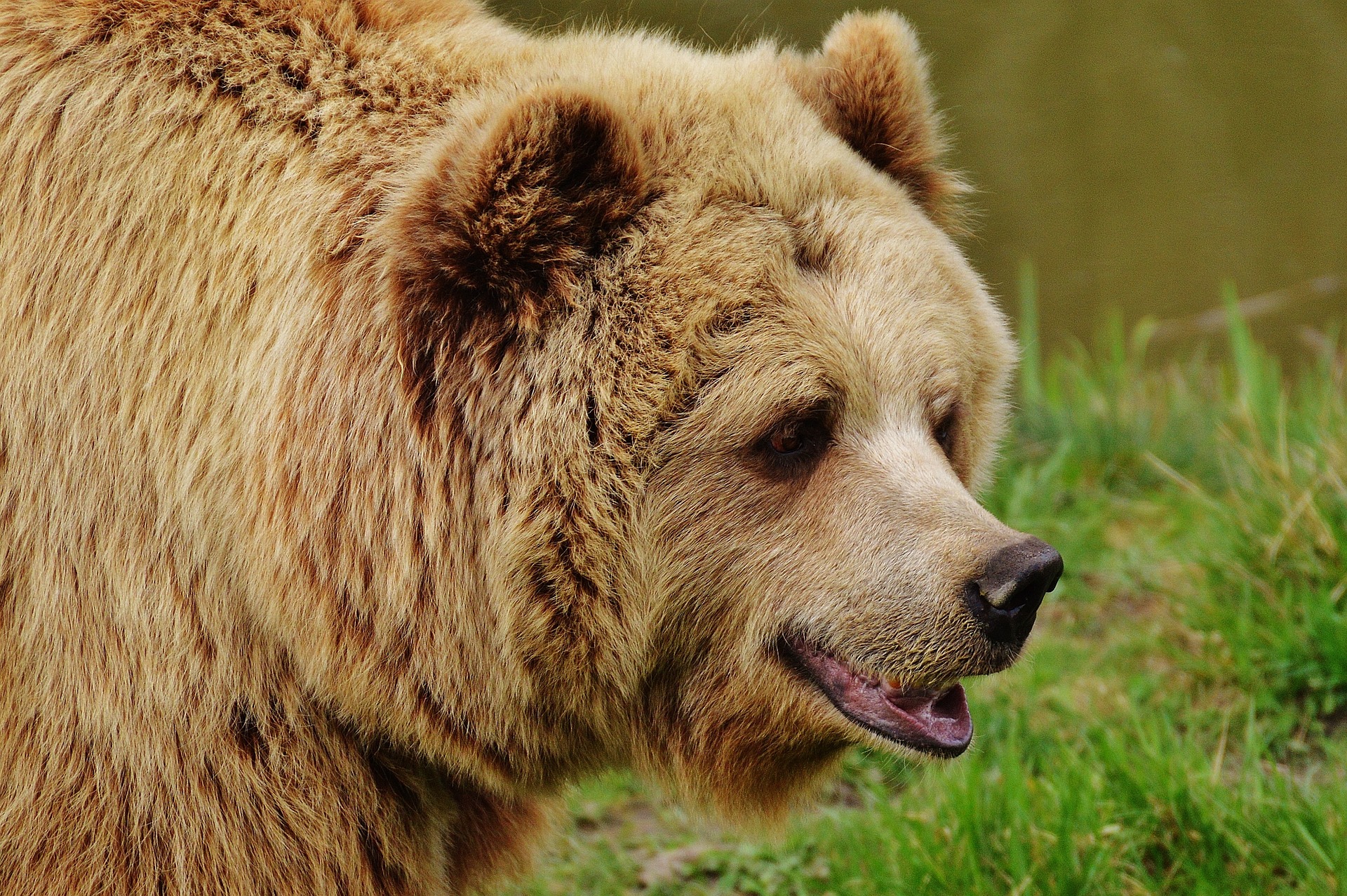
Economic News
Longest Bull Market in History Ends Amid Pandemic
Just days after celebrating its 11th anniversary, the bull market in the U.S. — the longest in history — has come to a dramatic end. Despite some rallying efforts that followed major sell-offs last week, the continued spread of COVID-19 coupled with an oil price war has sunk the markets lower. Between the World Health Organization officially calling the novel coronavirus a global pandemic, President’s Oval Office address that put restrictions on travel from Europe, and several high-profile closures and cancellations, indices plunged the end of last week. In fact the markets endured their single worst day since 1987.
Since indices have fallen more than 20% from recent highs, they are now considered to be in a bear market. Although that shouldn’t be confused with a recession, there are now questions about whether we will see a recession emerge from this global incident. Meanwhile the Federal Reserve announced yesterday that it will free up $1.5 trillion for short-terms loans to assist with liquidity. Unfortunately, similar to how the Fed’s half-point interest cut was received on Wall Street, it seems that the announcement did little to quell fears.
When the aforementioned rate cut was announced, Federal Reserve chairman Jerome Powell acknowledged that the move wouldn’t help prevent people from getting sick nor fix broken supply chains. However, as far as the markets are concerned, there is a bigger threat facing the economy. As Capitol Securities Management chief economic strategist Kent Engelke explained to MarketWatch, “The biggest issue isn’t the coronavirus, it’s the emerging liquidity crisis. It’s frankly scary. It really shatters your confidence in the market.”
Although a number of companies are currently seeing their stock prices plummet amid the recent sell-offs, to no one’s surprise, some travel companies are being hit the hardest. Airlines, cruise lines, and hotel chains have all seen big dips. Additionally The Walt Disney Company — which announced yesterday that all of their theme parks would close by Monday morning and remain shuttered until the end of the month — has seen one of the more dramatic stock drops in recent weeks. Despite reaching a 52-week high of more than $150 a share in December, the company hit a 52-week low of just $91.64 during yesterday’s trading session.
Obviously there’s much more to worry about during this global pandemic than the stock markets. That said, it would be foolish to ignore them altogether. Although the day-to-day price of a stock might not impact the average American, the overall trends — such as a recession — certainly can. Therefore, hopefully our nation and world can come together and make it through these unprecedented times.





